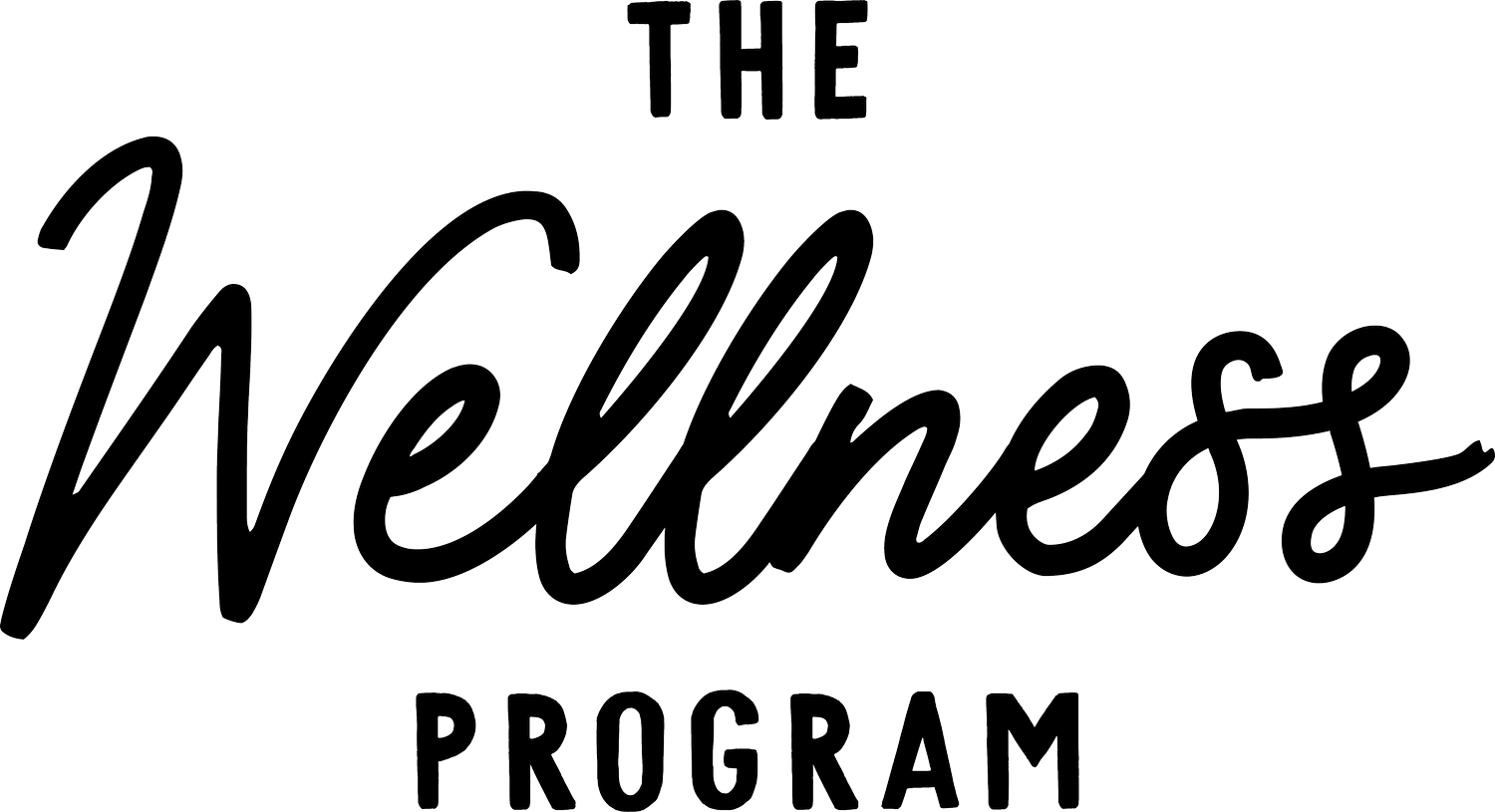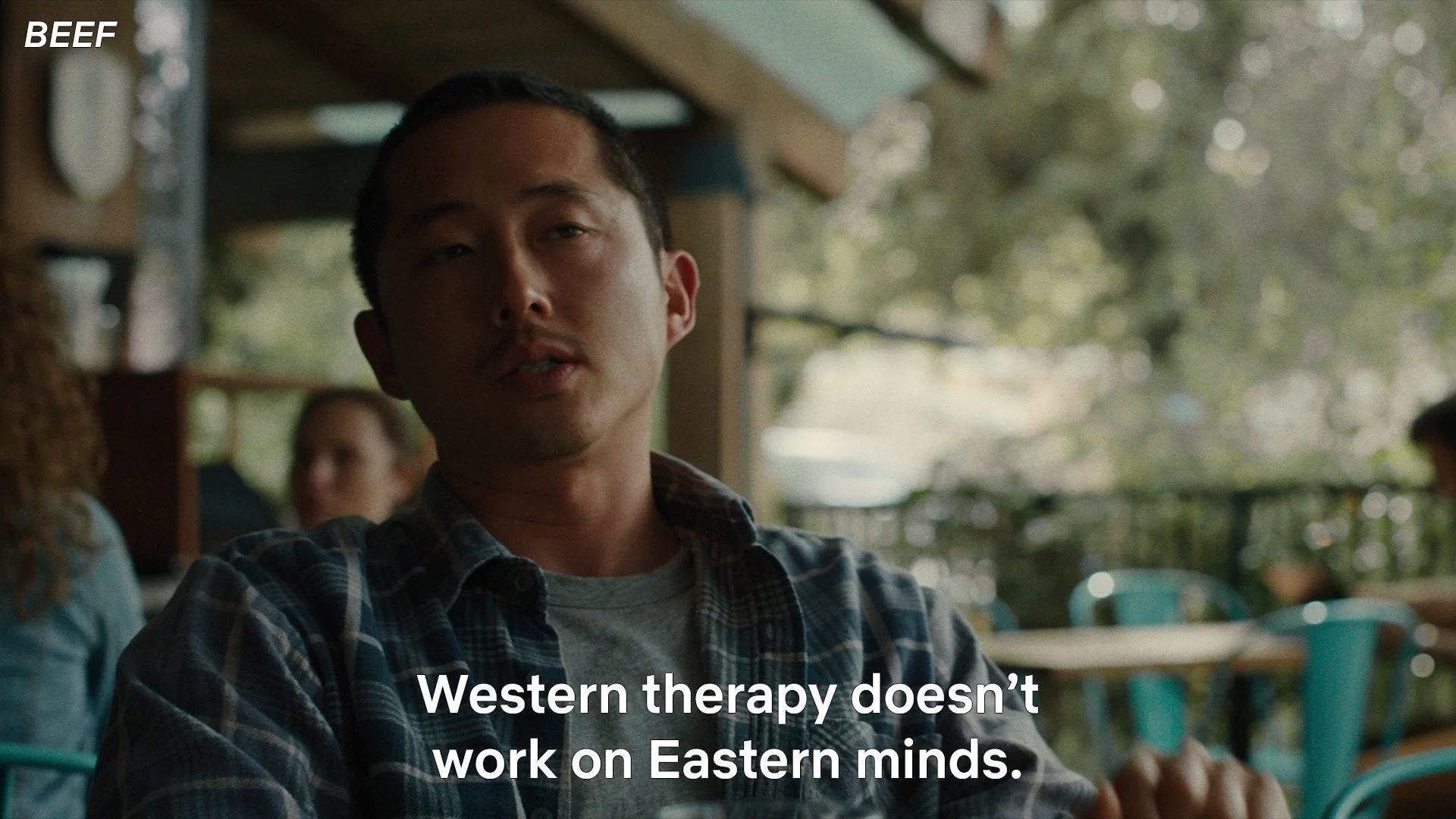Clearing Up Common Misconceptions About Therapy
There are many misconceptions surrounding therapy, especially when it comes to who should seek it and why. These misunderstandings can create unnecessary barriers that prevent individuals from accessing the support they need. In this post, we’ll explore and debunk some of the most widespread myths about therapy to help you feel more informed and confident when considering your mental health options.
Therapy is Only for "Serious" Problems
Many people mistakenly believe that therapy is only for those facing severe mental health issues or clinical disorders. In reality, therapy can be beneficial for anyone, regardless of the severity of their challenges. Whether you’re dealing with stress, relationship difficulties, or simply seeking personal growth, therapy provides valuable tools to help you manage everyday life and enhance overall well-being. You don't need to be at your worst or experience a crisis to consider therapy—it can also serve as a space for self-reflection, learning new coping strategies, and developing healthier habits.
Only "Crazy" People Need Therapy
This harmful stereotype suggests that therapy is only for people who are “mentally ill” or “crazy.” The truth is, therapy is for anyone who wants to work on themselves, their relationships, or their mental health. Mental health care is just as important as physical health care, and therapy is a tool for maintaining both.
Mental Health Issues Are a Sign of Weakness
In many Asian cultures, there’s a significant stigma attached to mental health issues, with a belief that they represent personal failure or weakness. This myth often prevents individuals from seeking therapy, as they may feel ashamed or fear judgment. In reality, mental health challenges are part of being human, and seeking therapy is actually a sign of strength and resilience.
Scene from Beef, a Netflix show
Mental Health Challenges Don’t Apply to Asian People, Only to "Western" Problems
There’s a common misconception that people from Asian communities are naturally resilient and less likely to experience mental health issues. This myth often ties into the belief that therapy is only for those facing problems typical of Western cultures or that mental health struggles are somehow less relevant to Asian individuals. In reality, mental health challenges do not discriminate, and the stigma surrounding mental health in many Asian cultures can amplify feelings of isolation or shame. Therapy is a versatile tool that can be adapted to different cultural values. It addresses universal human experiences like anxiety, stress, family dynamics, and emotional difficulties — issues that can affect anyone, regardless of background.
Therapists Have All the Answers
A common myth is that therapists will "fix" their clients or tell them exactly what to do. However, therapy is a collaborative process where the therapist provides guidance, but it’s ultimately on you to do the work. Therapy is about developing coping strategies that work for you and making meaningful, lasting changes, with your therapist offering the support, tools, and perspective to help you along the way.
Therapy is Just About Talking
While talking is a big part of therapy, it’s not all there is to it. Therapists use various techniques, such as cognitive-behavioral therapy (CBT), mindfulness, or art therapy, to help you explore your thoughts, feelings, and behaviors in different ways. Therapy can be highly interactive and involve exercises, tools, and strategies that go beyond conversation.
Therapy Will Require You to "Air All Your Dirty Laundry"
A common fear is the belief that therapy requires oversharing deeply personal or family matters that could bring shame or embarrassment. However, therapy is a safe and confidential space where you control the pace and depth of the conversations. Therapists are trained to help their clients explore sensitive issues in a way that feels comfortable and appropriate for them.
Therapy is a Quick Fix
Some believe that therapy will provide immediate results or a one-time solution. Truthfully speaking, therapy is a process that takes time. Depending on your goals and the issues you’re addressing, therapy can take weeks, months, or even longer to show significant progress. It’s important to be patient and committed to the journey.
By addressing these myths, we hope to make therapy feel more accessible and approachable for all. Mental health care is not a one-size-fits-all journey — it’s personal, adaptable, and beneficial at every stage of life. If you’re considering therapy, don’t let misconceptions stand in your way.
Visit our website to learn more, explore our services, or schedule your first session today. Your path to wellness begins here.

